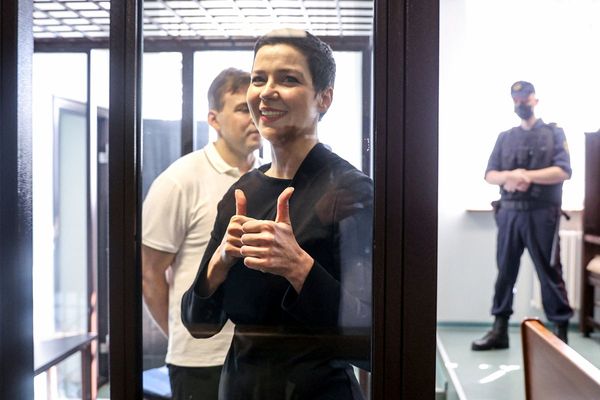The former Chief Minister H.D. Kumaraswamy on Wednesday alleged that the signing of costly power purchase agreements (PPAs) with private firms for a long-term period was the main reason for the power tariff going up sharply in Karnataka.
Speaking in the Assembly on the motion of thanks to the Governor’s address to the joint session of the State legislature, the former Chief Minister maintained that various political dispensations had failed to empower the State-owned Karnataka Power Corporation Ltd. to increase power generation through new projects, though the KPCL’s power was economical.
Instead, they had favoured costly power from private power generators and signed long-term PPAs with them. In fact, Karnataka had signed agreements with private companies for buying 17,090 million units of power annually, he said.
Giving a comparative picture, he said the hydel power being generated by the KPCL was available at an average price of ₹1.30 a unit. The thermal power from the KPCL was available at ₹5.80 a unit and the power from Central generating stations was available at ₹4.75 a unit. In contrast, power being purchased from Udupi Power Corporation Ltd. was available at ₹9.83 a unit, he said, citing an example.
Solar power too
Similarly, Escoms had entered into long-term and costly power purchase agreements with solar power-producing companies, he alleged, while wondering how one could enter into long-term power purchase agreements spread over 25 years when the cost was too high.
Recalling that he had raised the issue in the Assembly in 2017, Mr. Kumaraswamy said more truth would come out if the government asked the CBI to probe the issue.
He argued the Karnataka Electricity Regulatory Commission had this year granted a hike of 8.31% as against 16.83% sought by Escoms. This had translated into a hike of 70 paise per unit as against ₹1.39 sought by Escoms.
However, the actual increase in absolute terms for consumers was 36% due to reduction in slabs, he alleged. Citing an example, he said for a consumer with consumption of 101 units, the power bill should have been ₹692 as against the earlier ₹639 if 8.31% was considered. However, the bill amount now would be ₹941, which is an increase of 36%.
He said reducing the consumption-based tariff slabs in the electricity bill had resulted in taking away the benefits granted to the poor and the lower middle class in terms of consumption as they had now been merged with rich people in terms of tariff.






